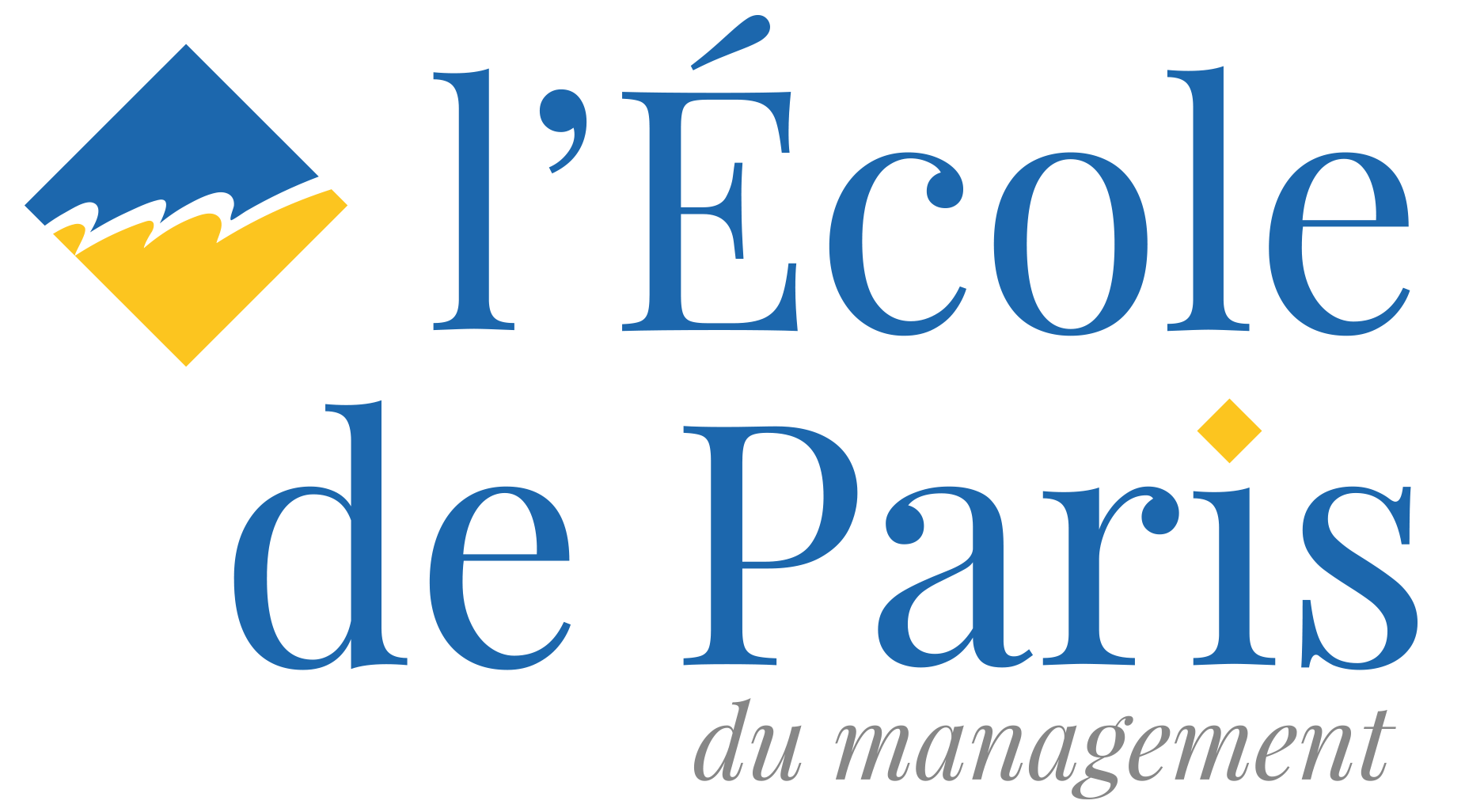Will we learn from the bankruptcy of Barings bank ?
Seminar Business life | Friday July 4, 2008 - 9h30 - 12h
How can one be sure that one is appreciated when one works in a bank ? The answer is by making a great deal of money for the bank. This is how the trader, Nick Leeson, became a star in the Singaporean subsidiary of Barings at the beginning of the 1990s. He made huge gains, but in fact his losses were much greater. He had found a great way of hiding the losses without anyone realising what was going on. No-one paid attention to the warning signals from outside the bank, and there were scarcely any alerts raised inside Barings. Why ? Because Leeson had made such a solid reputation for himself in the bank that no-one could possibly have imagined he was a fraudster (or 'imposter', to use the sociologist Goffman's vocabulary). Such misjudgement gives us food for thought, especially since the Barings' case closely resembles the Société Générale scandal at the beginning of 2008. Is it possible to prevent fraudulent dealings ? There are many reasons to make us doubt this.
The entire article was written by:
Jacques BERTHIER



No comments yet